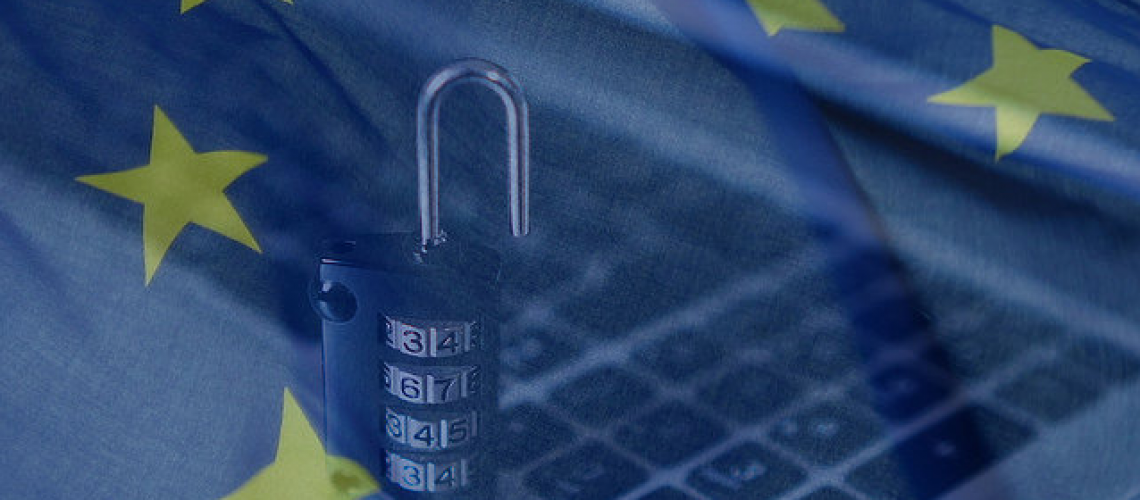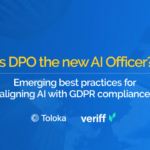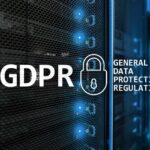For those living in blissful ignorance: starting from May 25th 2018 a new General Data Protection Regulation (GDPR) will enter into force, which sets forth new data protection obligations that all companies that in any manner process any personal data (so basically any active company in existence) will have to adhere to.
Hereby we provide a basic but hopefully informative overview of the key elements and obligation from the perspective of the advertisement industry (or AdTech) that must be taken into account once the regulation enters into force. Although the regulation is still a few months away, it takes a while to reorganise the data processing manners of the company, so it is advisable even to small and medium-sized enterprises to start preparing for the changes.
What Constitutes as personal data?
In short, personal data is any data which can be used to directly or indirectly identify the person. Hence, personal data can be anything from a name, photo, email address, bank details, posts on social networking websites, consumer behaviour data, location data, medical information or even the IP address. If the information cannot be associated with an individual person it is not personal information and thus is not regulated by the GDPR. Therefore, all information that is anonymous or depersonalized is excluded from GDPR regulation (for example, general statistical data). This means that Adtech companies can avoid many of the GDPR obligations if the personal data is anonymous or depersonalized and cannot be reversed back to an individual person.
What is data processing?
A processing means any operation or set of operations which is performed with personal data. For example collecting, recording, organizing, storing, analyzing, changing, enrichment, using and transferring to other parties are all forms of data processing and thereby regulated by GDPR.
General data processing obligations
There are general data processing obligations which must be complied with, mainly the following:
• There must exist a lawful basis for data processing: for example data subject’s consent (typically: acceptance of Privacy Policy), data processing is necessary to provide services to the customer or the right to process is explicitly stated in the law. If you do not have a lawful basis for data processing you cannot use the data.
• The company must have sufficient technical and organizational measures in place to protect the data from being exposed to unauthorized third parties. Depending on how sensitive is your personal data the higher is the technical standard (for example medical data should be encrypted).
In addition to the general obligations, there are several new and specific obligations described below which many of the AdTech companies must follow.
Recording company’s personal data processing activities
If the AdTech company gains access to at least some personal data of the advertisement subjects, it is obliged to create a record of the company’s personal data processing activities. The record must include general overview regarding which data is processed, for what purposes is the data processed, the information about the processor, to whom the data is transferred and overview regarding how long is the data kept and how is it protected.
This record must be kept in a written form and you can use Excel, Word or specific service providers for the recordkeeping.
Carrying out a data protection impact assessment
Impact assessment is a document assessing whether the data processing activities of the company would constitute a high risk to the rights or freedoms of the data subjects. The obligation to carry out impact assessment arises if the company, after May 25th 2017, starts using a new technology in its data processing activities or otherwise engages in a new data processing activity, which results in a high risk to the rights and freedoms of data subjects (which is probable if the company is processing personal data of thousands of people). Thus, new automated data processing activities to, for example, decide which advertisements to direct to which customers (with a name and face), may typically fall under this category.
Appointing a Data Protection Officer (DPO)
Who is a DPO? In short, a data protection officer is a person designated by the company who is responsible for making sure that the organization follows the data protection regulations. The data protection officer may be an employee within the company but must have expert knowledge on the data protection regulations and standards and be able to fulfil the DPO’s obligations established in the law.
Not all companies have to appoint a DPO. However, the business model of many AdTech companies results in the company gaining access to personal data of a large number of people. For the AdTech companies, the rule of thumb is that if the company gains access to the personal data of the individual customers it is most likely obliged to appoint a data protection officer. If the personal data includes medical data, biometrical data, political/philosophical beliefs or other sensitive data, the DPO must be appointed without exceptions.
What if I am merely processing data on behalf of my client?
GDPR continues with the data processor and data controller duality. In essence, a data controller is an entity responsible for data processing. Data processor is merely an authorized entity to carry out certain elements of data processing on behalf and under the permission of the data controller. The processor may not process the data for any other reason nor use the data in any other manner, than explicitly for the purpose the data controller foresees. Therefore, it is possible that a number of AdTech companies can be regarded merely as data processors.
The data processors must have technical and organizational measures in place to ensure the sufficient protection of data and the processor may only process the data in accordance with the agreement that has been agreed with the data controller.












